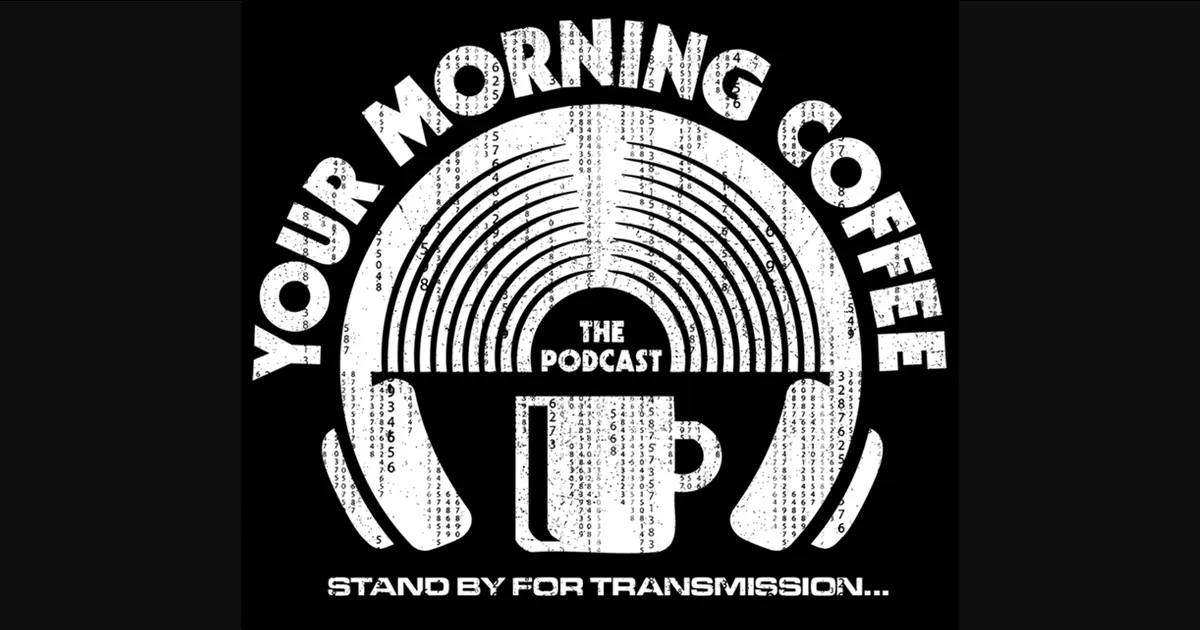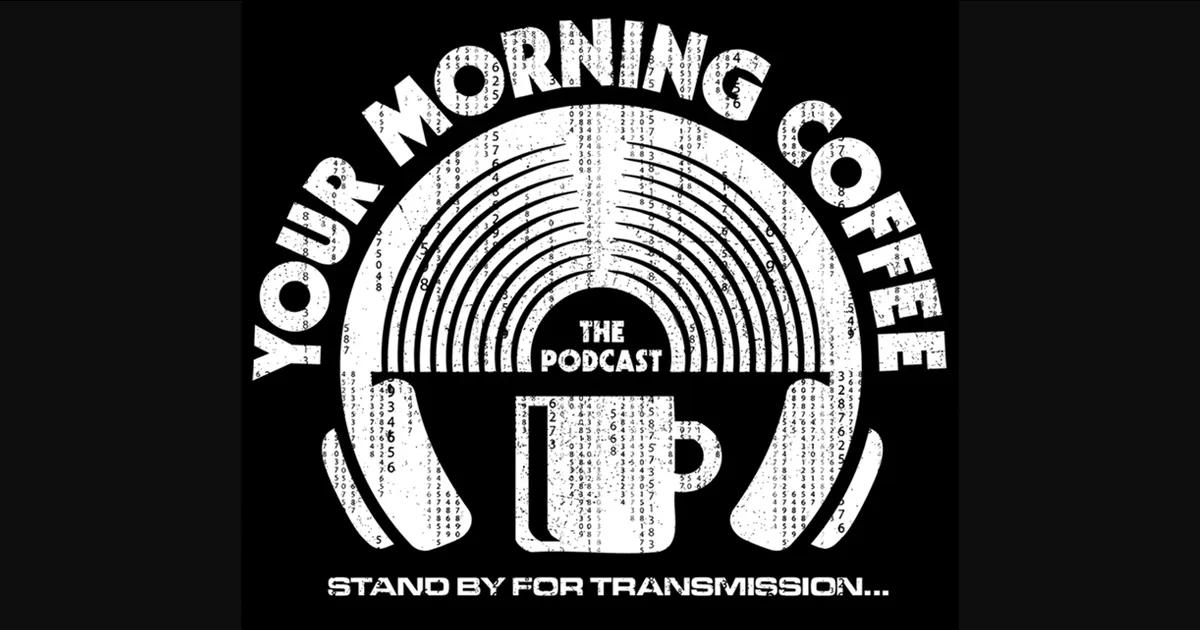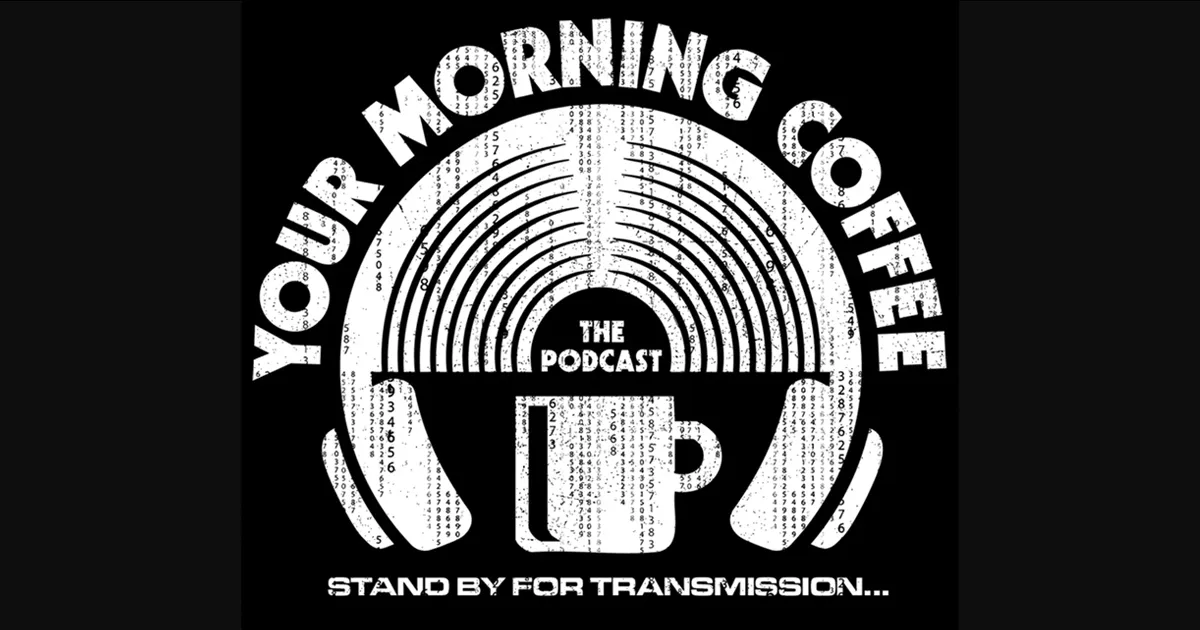How Music Discovery Failed Me [Glenn Peoples]
Glenn Peoples documents how the release of a new Manic Street Preachers album slipped under his radar due to a combination of product shortcomings and user error, and how better. Continue reading [https://www.hypebot.com/hypebot/2018/04/how-music-discovery-failed-me-glenn-peoples.html]




